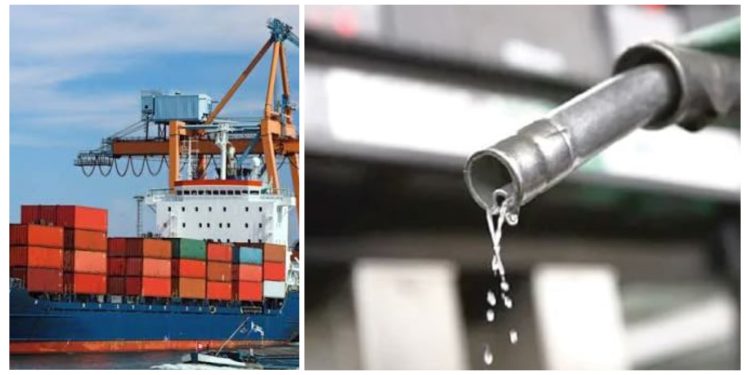The recent government memo proposes a 15% tariff on fuel imports, claiming it will deliver “national energy security” and “market stabilisation.
President Bola Tinubu had earlier given the green light for the implementation of a 15 per cent ad-valorem import duty on petrol and diesel brought into Nigeria.
Saying it’s a move expected to protect domestic refineries and promote stability in the downstream oil sector.
Let us examine these generous fictions.
“This Will Reinforce Energy Security”
Apparently, energy security now means making fuel scarce and expensive.
The Dangote Refinery produces far below Nigeria’s 66-million-litre daily demand, yet the solution is to tax the imports that actually keep vehicles running? Brilliant.
Nothing says “security” like eliminating your backup supply before your primary source works.
“Imports Undercut Local Production
What it means – Our $20 billion refinery can’t compete with imported fuel, so instead of asking why, let’s just ban the competition.
Global refineries face import competition daily without requiring their governments to kneecap rivals.
But Nigerian consumers should pay premium prices to protect a facility that promised efficiency but delivered excuses.
“The Tariff Will Improve Affordability”
This might be the memo’s boldest lie.
A 15% duty adds ₦95–₦100 per litre, which becomes ₦140–₦165 after transport, storage, and margin.
Food costs rise.
Transport fares jump.
Businesses close.
But sure, let’s call economic strangulation “affordability.”
Nigerians have already survived subsidy removal and currency collapse; why not add extortion to the list?
“This Serves Public Interest”
Twenty marketers sell Dangote fuel ₦100–₦120 above import prices — no competition, no consequence.
The same refinery demanding protection from imports quietly imports its own blending components.
The hypocrisy is remarkable:
imports are dangerous unless we’re doing the importing.
This isn’t public interest.
It’s a protection racket with legislative approval.
The Bottom Line
Nigeria is being asked to accept monopoly pricing, supply uncertainty, and economic hardship, all to protect a refinery that can’t deliver on its promises.
True reform would allow competition to expose inefficiency, not reward it with tariffs.If this passes, remember:
it wasn’t policy.
It was a heist, and the government held the door open.





